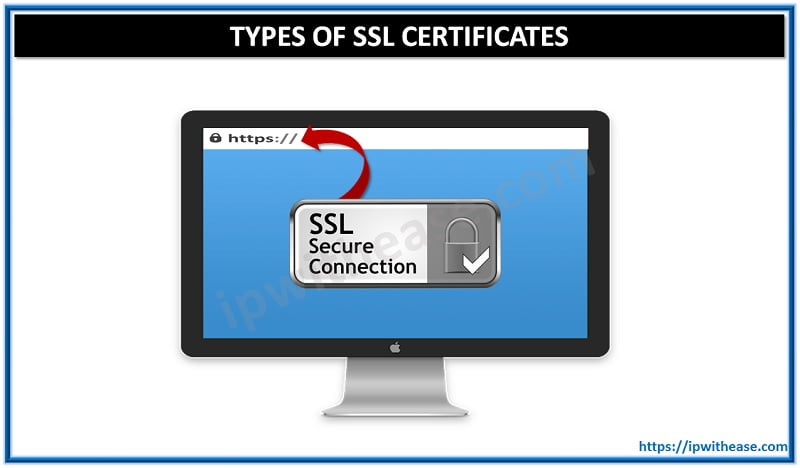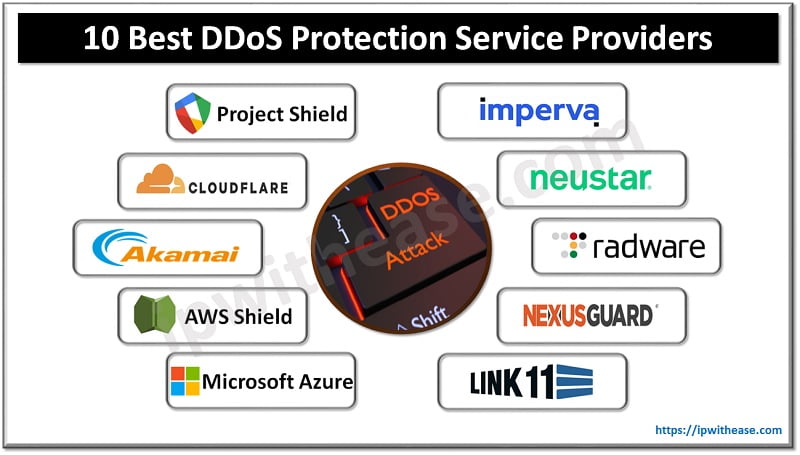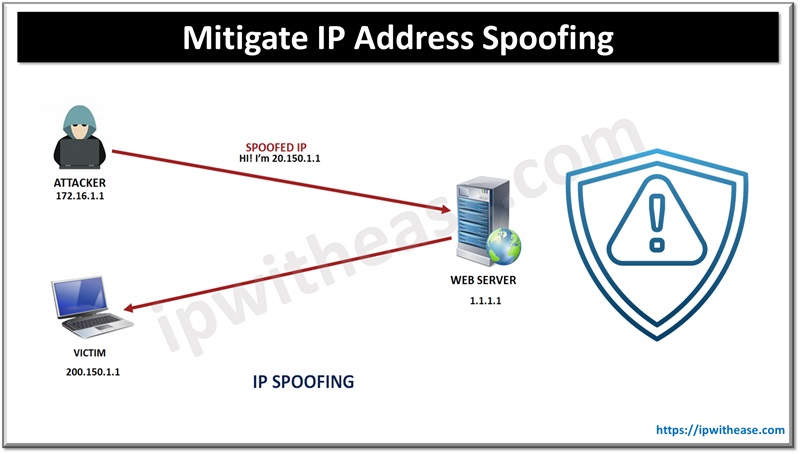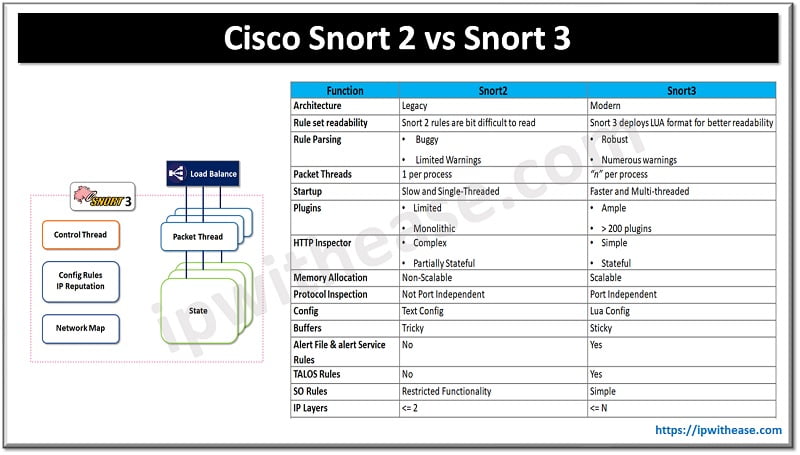
Introduction to SSL Certificates
In order to ensure a prolonged successful journey of a business website, it is essential for it to build a foundation of customer trust. It is the confidence of your customer that eventually leads to better customer retention.
Now, there are numerous ways by which one can obtain the trust of customers in one’s business, but the one that we are going to discuss down here is the installation of an SSL certificate. SSL or Secure Sockets Layer are the certificates meant to denote the safety of web pages while submitting sensitive information through them. There can be range of sensitive information shared over a web portal including payment methods, account sign-in, online banking, etc.
Related- SSL vs IPSEC
Once the SSL certificate is installed, the URL of the website shifts from HTTP to HTTPS and a padlock appears over the address bar. The appearance of the padlock instantly cements trust in the eyes of the visitor.
Types of SSL Certificates
A CA or Certificate Authority is a reliable third party vendor generating and issuing SSL certificates for the websites. There are primarily six different types of SSL certificates issued by CA. It is imperative for you to have prima facie information about these certificates before conducting the installation process.
So let us understand each of them one by one-
1) Extended Validation Certificates (EV SSL):
It is the most expensive and highest ranking SSL certificate featuring extended validation. Once installed, the certificate displays the padlock, business name, HTTPS, the country over browser address bar, etc. In order to attain EV SSL certificate, it is essential for a website owner to undergo a standardized identity verification process in order to confirm that they are the legit party and bear exclusive rights to the domain.
2) Organization Validated Certificates (OV SSL):
The key purpose of this certificate is to encrypt the sensitive information of the user during the course of transactions. The certificate helps in displaying the information of the website owner over the address bar in order to distinguish it from malicious sites. These certificates are second-highest in terms of price and primarily used by public-facing or commercial websites.
3) Domain Validated Certificates (DV SSL):
It is a kind of SSL certificate featuring minimal encryption and low assurance, and especially used for the informational websites and blogs. The validation process is minimal and requires the business owners to confirm domain ownership after responding to a phone call or an email. It is a certificate type that is fastest to obtain and least expensive in nature. The certificate will not display any business name over the address bar.
4) Wildcard SSL Certificate:
It is used in order to secure unlimited subdomains along with a base domain. It is cheaper to purchase and accessible in the form of DV Wildcard SSL certificates and OV Wildcard SSL certificates. It is worth to note that Wildcard SSL certificates contain an asterisk * sign as a part of the common name. Here, the asterisk * sign represents any type of valid subdomain having same base domain. For e.g., the common name can be like ‘*.example.com’.
DV Wildcard SSL certificates are cheap wildcard SSL certificates. But it offers a higher level of encryption.
5) Multi-Domain SSL Certificate (MDC):
These certificates can secure to the mark of 100 various domain and subdomain names with the help of one certificate. It helps to save both time and money. It helps you to control SAN (Subject Alternative Name) field in order to add, delete, and change any sort of SANs as per the requirement. Some of the most common examples include www.domainname.com, www.domainname.org, www.domainname.in, secure.exampledomainname.org, mail.domainname.com, www.example.co.uk, etc.
6) Unified Communications Certificate (UCC):
These are the multi-domain SSL certificates initially designed to safeguard Microsoft Exchange as well as Live Communications servers. Nowadays, these certificates authorize the security of multiple domain names on the grounds of a single certificate. They display a padlock over a browser and via EV SSL certificates offer green address bar indicating highest assurance for the visitors.
Conclusion
From the information above, we can realize the fact that the significance of SSL certificates in securing websites is something that cannot be overlooked. The encryption is extremely important to gain the trust of the customers in today’s competitive market. Besides, there are incentives offered by Google for the websites having SSL certificates installed.
Continue Reading:
How does a Browser verify an SSL Certificate?
ABOUT THE AUTHOR

You can learn more about her on her linkedin profile – Rashmi Bhardwaj



